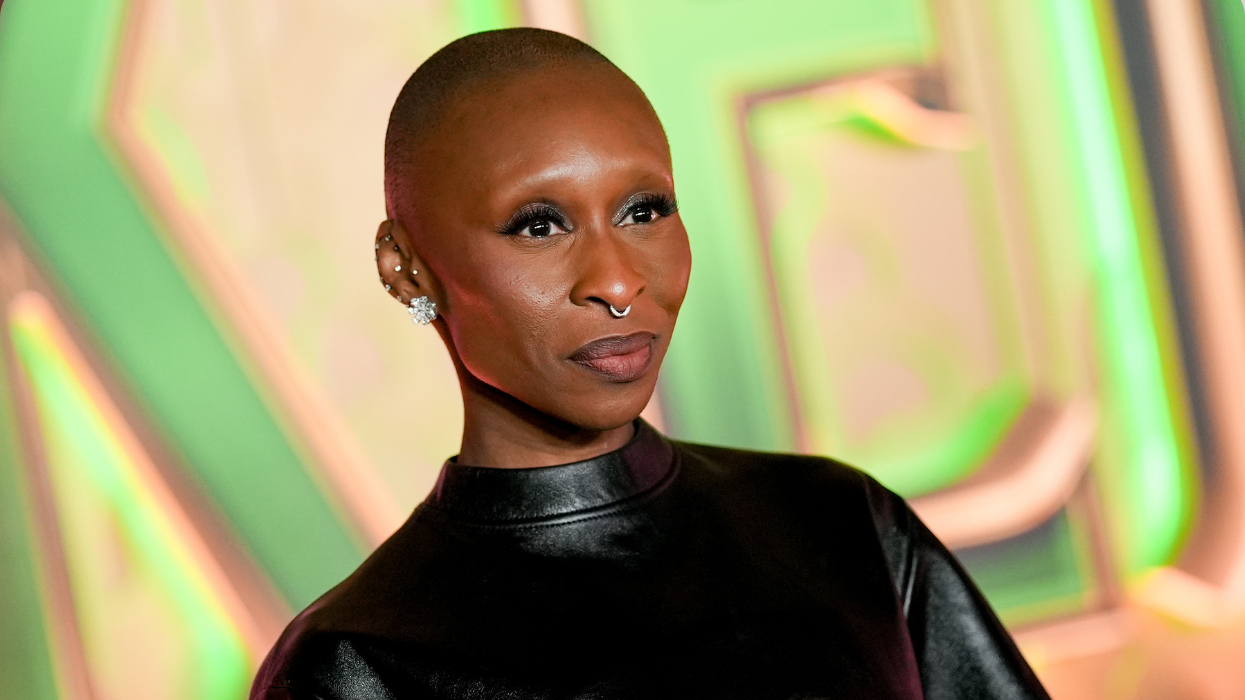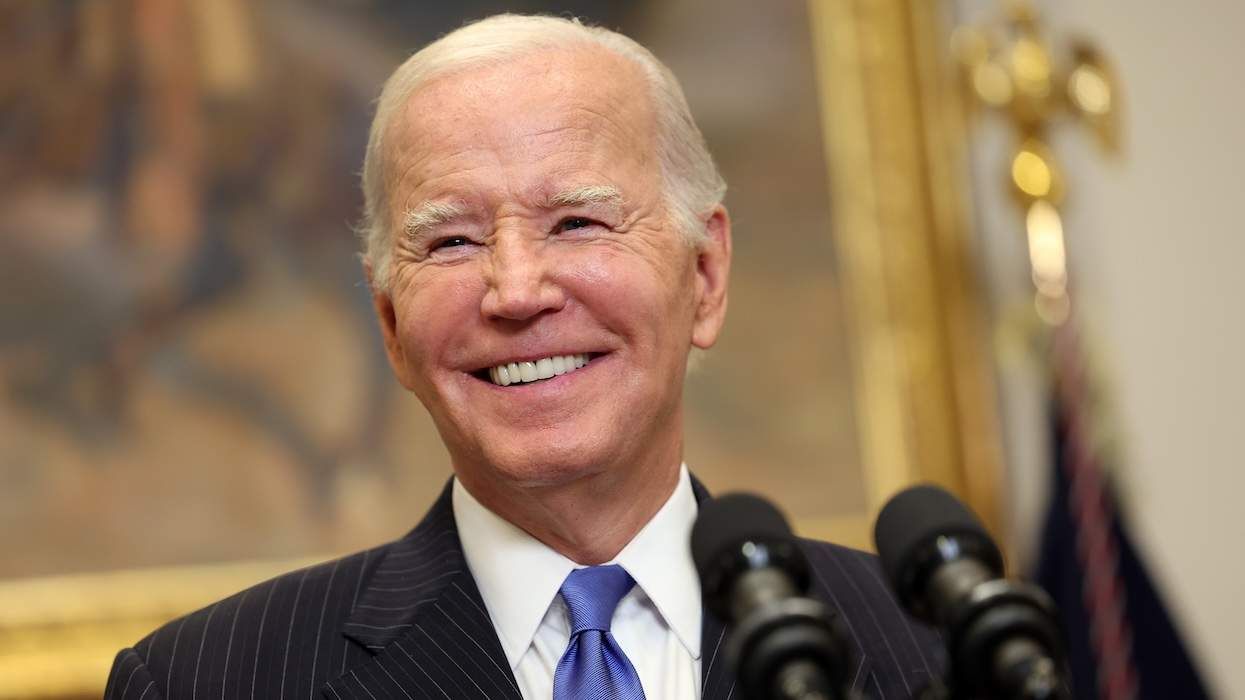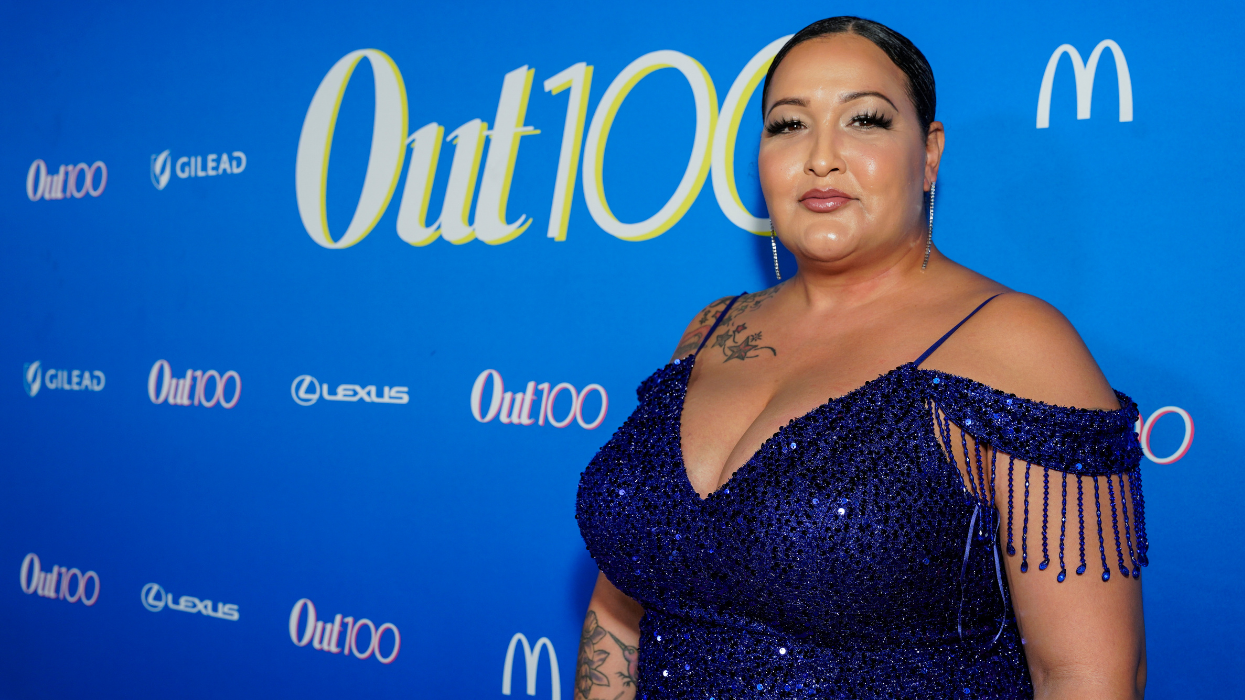Freddy McConnell, the trans man behind one of the most highly publicized parental legal battles in Britain, lost his fight to be registered as the father to the child he gave birth to in 2018.
Last year, British courts denied McConnell's request to be listed as a father on his child's birth certificate, the first trans man in the United Kingdom to ever make such a request.
McConnell, a journalist at The Guardian, appealed that judgment. But this morning, the courts once again ruled against him.
"Despite the judge's decision not to uphold an appeal, we are proud that our work in this case has not only raised awareness of an important issue affecting transgender families but will almost certainly change in years to come," McConnell's lawyer, Karen Holden said to Pink News.
McConnell's story was chronicled in the Guardian's documentary Seahorse, which premiered at the Tribeca Film Festival last year. The project was an effort for him to own his own narrative, outside of what was being reported by British tabloids.
"As a single trans gay man pursuing adoption, I was very intimidated by [the negative impacts of publicity]," he told Out at the time. "I felt like I could be exposed to, you know, transphobia and homophobia and gatekeeping and all sorts of things. So I just wanted to do something that I would feel more in control of."
When McConnell's child was born in 2018, he asked to be listed as the father. He also requested for the courts to protect his own identity and that of his child -- a request that was denied at the time.
In the recent appeal, McConnell's legal team argued to the courts that his family was treated differently by the legal system simply because he was trans.
"From a legal perspective, many believe the current law is a breach of human rights and from a human perspective, it's problematic to have cherry-picking policies when it comes to transgender issues," Scott Halliday, a Family Law associate at Irwin Mitchell, told Pink News. "It's not now clear whether or not it will be possible for the case to be heard by the Supreme Court, but given the huge public interest and the impact the outcome of the case will have for many transgender families and transgender people it is hoped that this case will generate some positive progress. The law is in need of reform."
Laura Russell, director of campaigns, policy and research at Stonewall, a U.K.-based organization advocating for LGBTQ+ equality across many sectors, said, "Once again, the Courts have missed a vital opportunity to send a positive message that recogniaes all parents, including LGBT parents, for who they are."
"Today's news is going to be a disappointing blow for trans communities," she added. "This is another example of how current legislation contradicts the fragile equality trans people currently have, where they can have full recognition on some legal documents, but not on others. Updating this legislation will also benefit others in the LGBT community, specifically same-sex parents, who face similarly inaccurate and unequal representation on their children's birth certificates. Equality is not a luxury and this legislation desperately needs to be updated so trans people can be recognized for who they are."






























